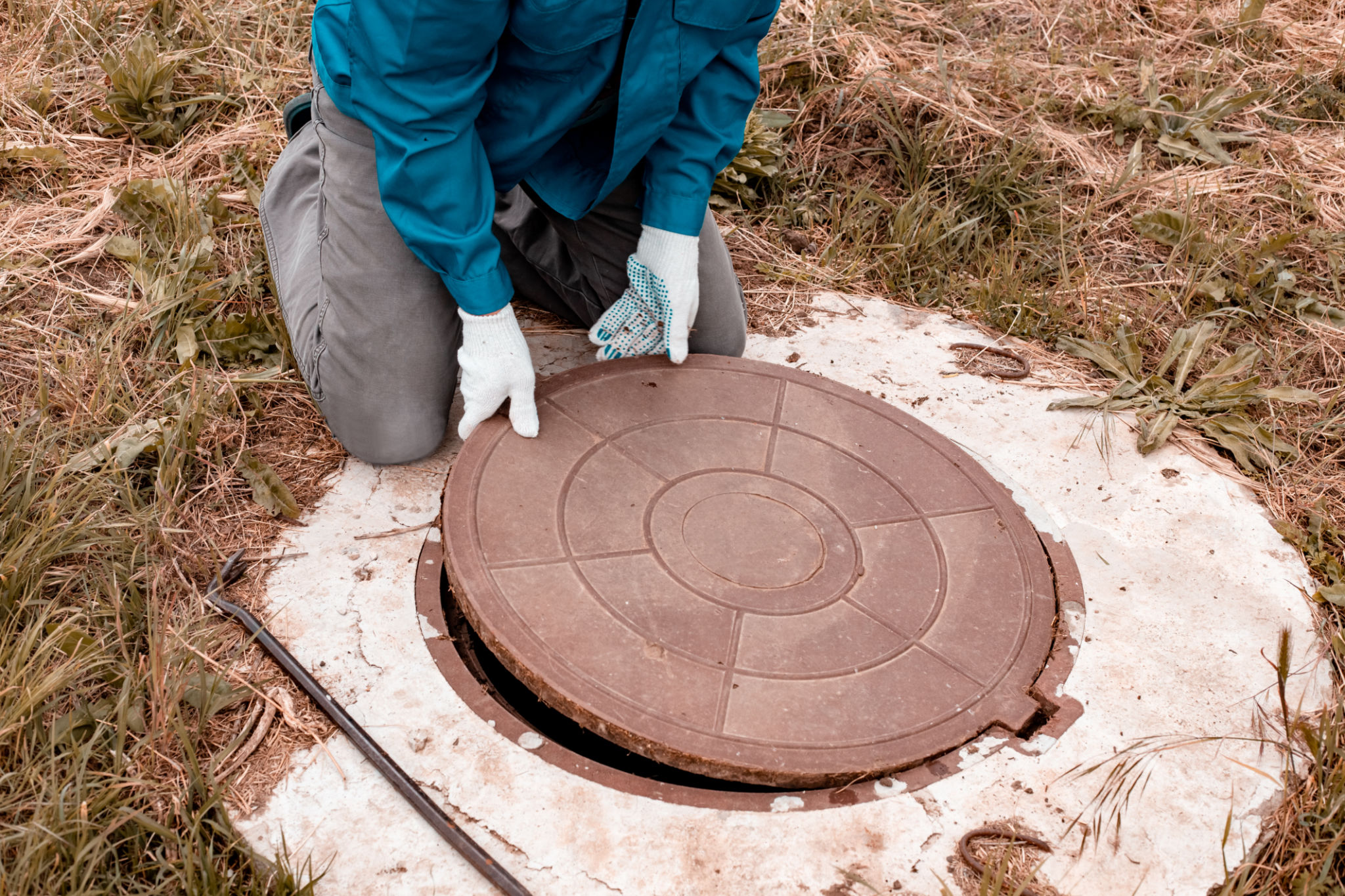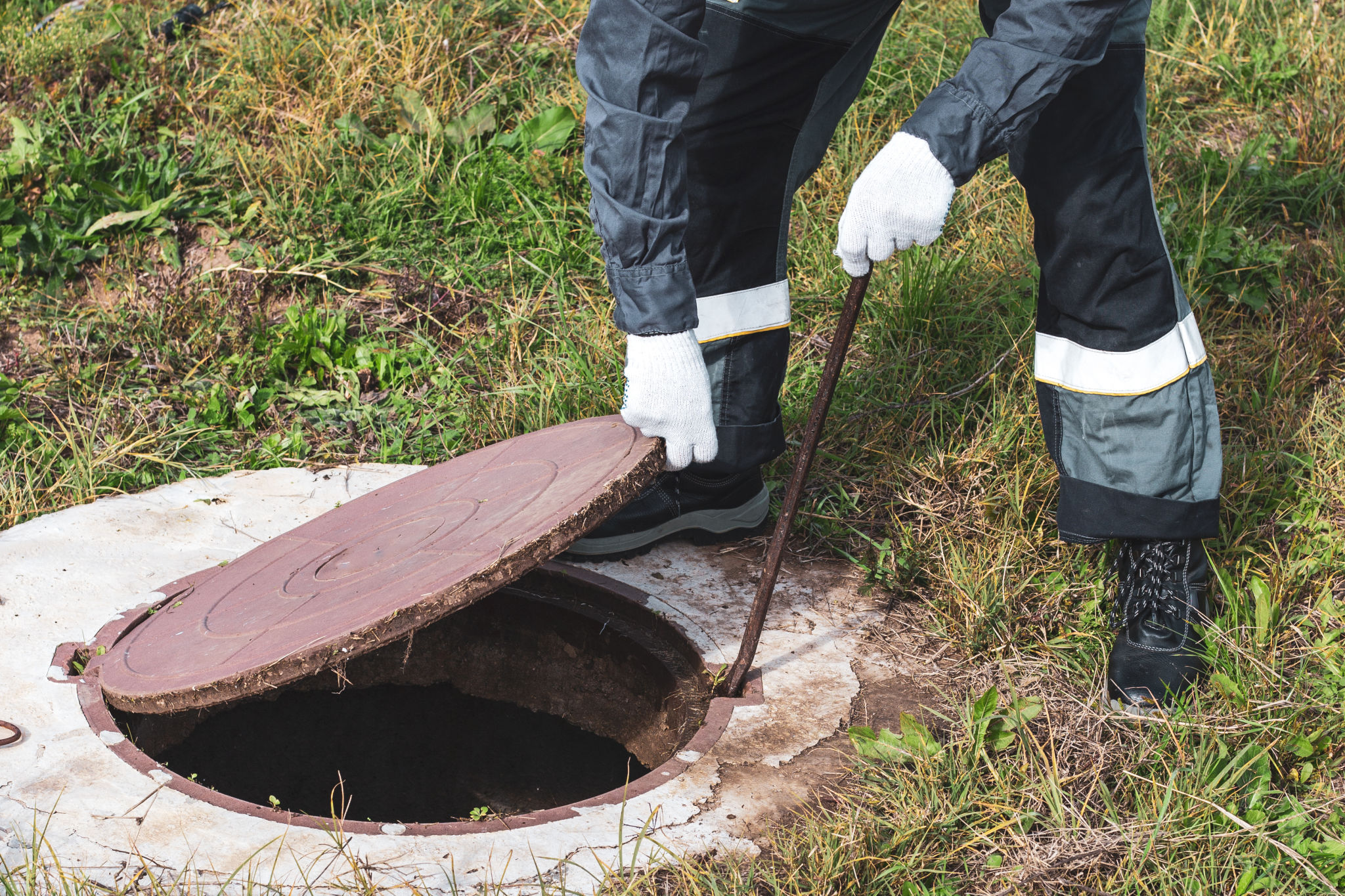Comprehensive Guide to Septic Inspections: What Homeowners Need to Know
Understanding Septic Inspections
Septic inspections are a crucial aspect of home maintenance, ensuring that your septic system functions efficiently and lasts for years. A comprehensive septic inspection involves evaluating the entire system, from the tank to the drain field, to identify any potential issues. This process can prevent costly repairs and environmental hazards.

When Should You Schedule a Septic Inspection?
Regular septic inspections are recommended every three to five years, depending on the size of your household and system usage. However, there are specific situations where an inspection becomes more urgent:
- Buying or selling a home – A thorough inspection provides peace of mind and negotiating power.
- Noticing foul odors or slow drains – These could be signs of a malfunctioning system.
- Experiencing frequent backups – This indicates a need for immediate assessment.
What Does a Comprehensive Inspection Include?
A comprehensive septic inspection covers several critical components:
- Tank examination – Inspectors check the sludge and scum levels to ensure proper function.
- Pumping and cleaning – This step involves removing accumulated waste to maintain system health.
- Pipes and baffles check – Ensuring these components are intact helps prevent leaks and clogs.
- Drain field evaluation – Inspectors look for signs of saturation or failure in the drain field area.

Benefits of Regular Septic Inspections
Regular septic inspections offer several benefits that can save homeowners time and money:
- Prevention of costly repairs – Identifying issues early can help avoid expensive damage.
- Increased system longevity – Proper maintenance extends the lifespan of your septic system.
- Environmental protection – Ensuring that wastewater is properly treated prevents contamination.
Choosing a Qualified Inspector
Selecting a qualified professional is crucial for a thorough inspection. Ensure your inspector is licensed, experienced, and reputable. Ask for references or reviews from previous clients to gauge their reliability.

Preparing for Your Inspection
Before the inspector arrives, make sure the tank lid is accessible and clear any obstructions around the area. This will facilitate a smoother inspection process. Familiarize yourself with your system’s history and any past issues to provide the inspector with useful context.
Keeping detailed records of all inspections and maintenance can be beneficial for future reference. These records can be invaluable when selling your home or dealing with potential issues.
Post-Inspection Steps
After the inspection, review the report carefully. Make sure you understand any recommendations or identified issues. Address any necessary repairs promptly to maintain the health of your septic system. Regular maintenance, such as pumping and cleaning, should be scheduled as advised by your inspector.
By staying informed and proactive about your septic system’s needs, you can enjoy a worry-free experience as a homeowner. Regular inspections are an investment in the longevity and efficiency of your home’s wastewater management system.
